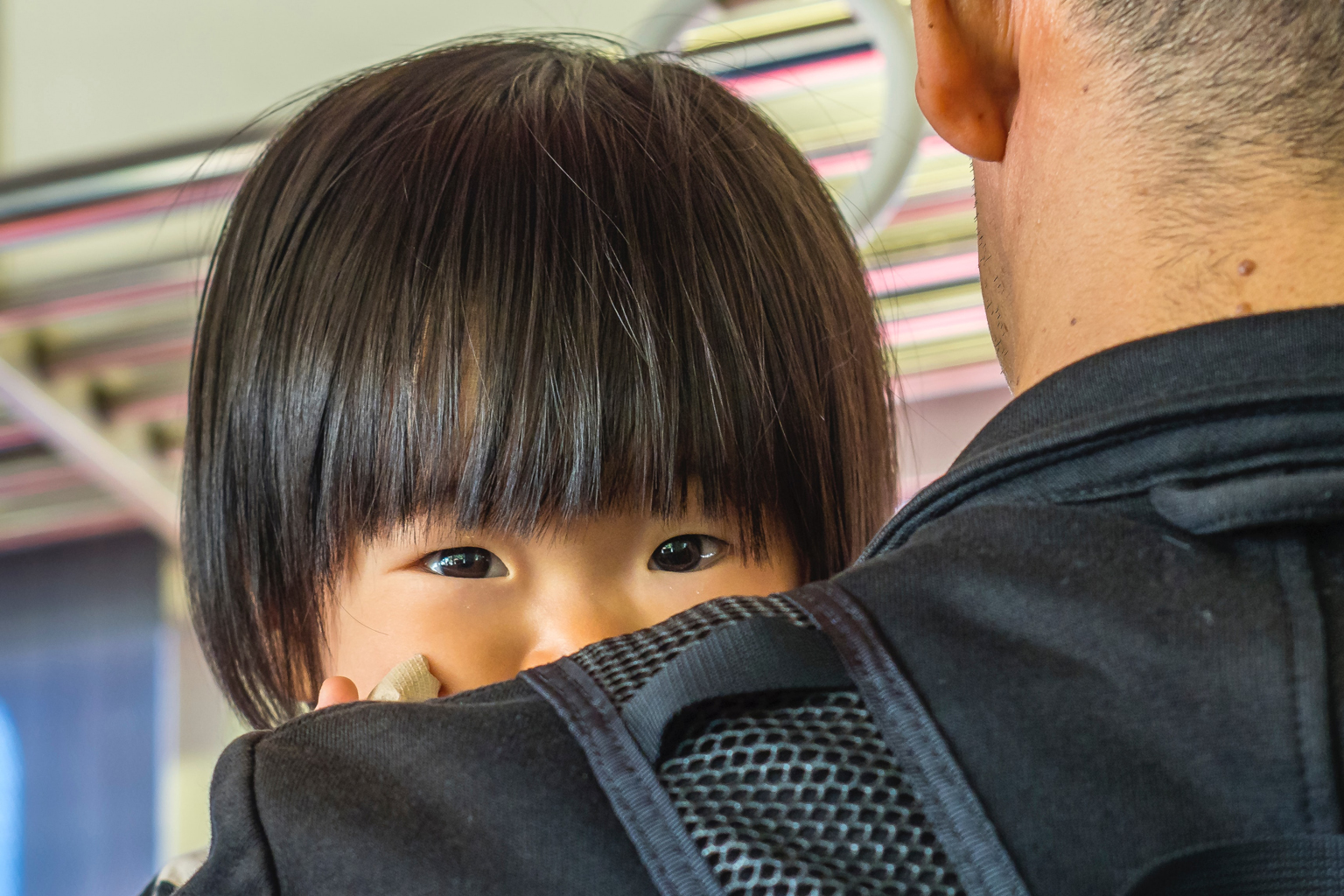Screening systems in different countries for those who work with children
Sign up now: Get ST's newsletters delivered to your inbox

A review is underway to assess if anyone who works with children needs to be screened.
PHOTO ILLUSTRATION: UNSPLASH
SINGAPORE - While a review is underway to assess if anyone who works with children needs to be screened, The Sunday Times looks at practices other countries use to keep children safe.
In the United States, a public sex offender registry allows anyone to search for offenders using their names or locations in any of the 50 states. It provides the public with their age, aliases and address.
However, the registry does create its own set of problems.
In a parliamentary reply in April, Law and Home Affairs Minister K. Shanmugam said: "One research study found that convicted offenders on the registry are more likely to reoffend, as the resultant exclusion from their neighbourhood, job loss, and anxiety problems are counterproductive.
"The registered sex offenders and their family members have also experienced stigmatisation, harassment, and abuse."
He was responding to a question by Bukit Batok MP Murali Pillai, who had asked how parents can conduct background checks before engaging freelance tutors or instructors for their children.
The question came after the conviction of freelance tutor Chock Soon Seng, who was sentenced to six strokes of the cane and eight years of corrective training after preying on teenage boys.
An alternative to the registry is a screening process which can be undertaken by the authorities.
In Australia, the Working with Children Check screens those who wish to work or volunteer with children for any role that requires in-person service to children. Among other things, it looks at criminal history and child protection information. Successful applicants get an identification card.
A similar approach is taken in Britain, with the Disclosure and Barring Service. However, the child sex offender disclosure scheme in England and Wales allows members of the public to ask the police if someone with access to a child has a record of child sexual offences.
The police can reveal details to parents, carers or guardians, if they think it is in the child's interests.
Mr Andrew da Roza, addictions psychotherapist at Promises Healthcare, said that while he liked the Australian system, which prevents the public from knowing if someone has been convicted, confidentiality can be compromised if there is a negative response. "Singapore is a small place, so there is a risk that once one school receives a negative clearance, others in the education community will learn about this," he said.
A spokesman for the Association of Women for Action and Research, which runs a Sexual Assault Care Centre, said that even with checks, clearance alone does not deem a person safe or suitable to work with children.
"Background checks should be implemented alongside other measures," she said, listing, comprehensive reference checks and robust accountability frameworks for responding to allegations of abuse as some examples.
She added: "The Early Childhood Development Agency could train and license anyone who works with children to ensure that the safety of children under their care is not compromised."
The agency is the regulatory body for kindergartens and child care centres.


